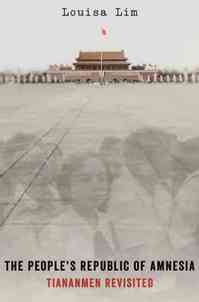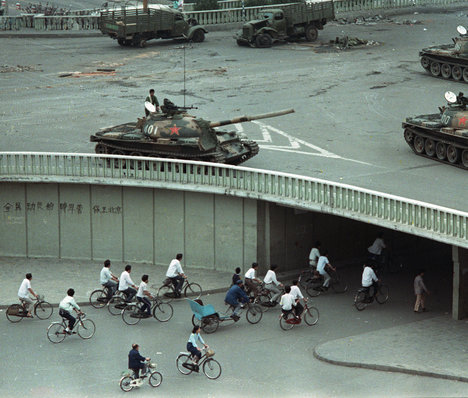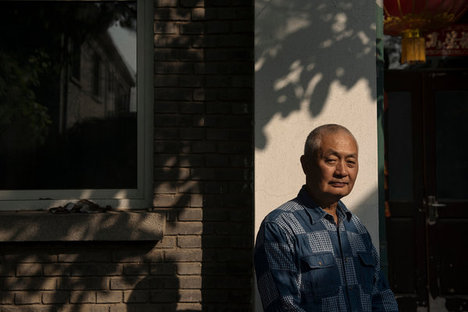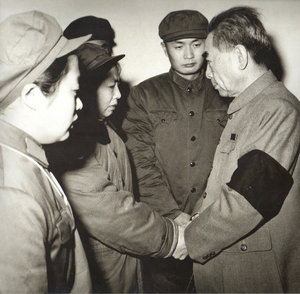(p. C1) Mr. Eimer is a British correspondent who sometimes roamed around minority areas using a second passport with (p. C6) a tourist visa to avoid official restrictions that apply to journalists. What he found on his travels was a pattern of misrule and oppression on the part of the Han, as ethnic Chinese call themselves, and a mixture of resentment, despair, resignation and anomie among the subjugated peoples.
. . .
Because Mr. Eimer is not bound by diplomatic or journalistic niceties, he can be blunt in the terminology he uses. To him, China is not so much a state or a nation as a “huge, unwieldy and unstable empire,” with the Han in the dominant position that the Austrians, Turks or English once enjoyed in empires now vanished.
. . .
“We say China is a country vast in territory, rich in resources and large in population,” Mao Zedong said in a 1956 speech buried deep in the fifth volume of his selected works but cited by Mr. Eimer as a likely explanation for Chinese expansionism. “As a matter of fact, it is the Han nationality whose population is large and the minority nationalities whose territory is vast and whose resources are rich.”
As the Mao speech shows, Mr. Eimer is especially adept at ferreting out obscure historical facts and documents that put the lie to Beijing’s claims that these outlying areas have always been part of China. To deal with neighbors who were then outside its borders, the Qing dynasty, he notes, “established a separate bureaucracy called the Lifan Yuan, or Court of Colonial Affairs,” which “functioned much like the former Colonial Office in the U.K., which administered the British Empire.”
Mr. Eimer’s travels take him to all four quadrants of China’s land border, the longest in the world. His method is to spend time with an ethnic minority living in Chinese territory, then cross over to a neighboring country to see how the same group is faring there — almost always better than in China.
For the full review, see:
LARRY ROHTER. “BOOKS OF THE TIMES; An Antidote to Illusion, Examining Restive Borders.” The New York Times (Mon., AUG. 4, 2014): C1 & C6.
(Note: ellipses added.)
(Note: the online version of the review has the date AUG. 3, 2014, and has the title “BOOKS OF THE TIMES; An Antidote to Illusion, Examining Restive Borders; ‘The Emperor Far Away: Travels at the Edge of China,’ by David Eimer.”)
The book being reviewed is:
Eimer, David. The Emperor Far Away: Travels at the Edge of China. New York: Bloomsbury USA, 2014.











